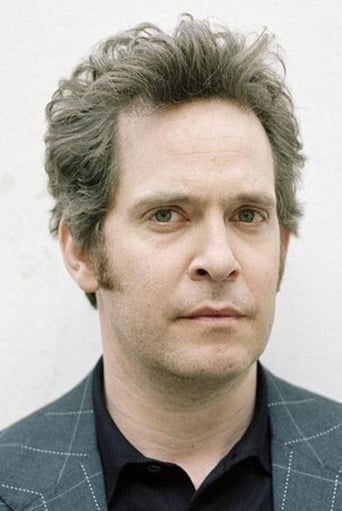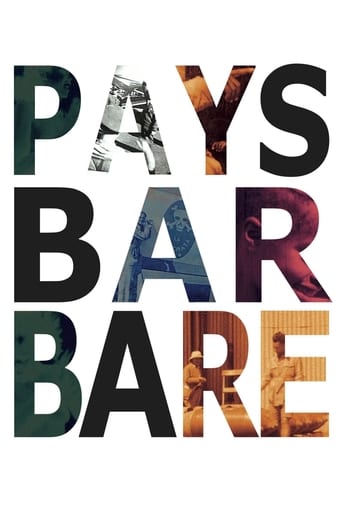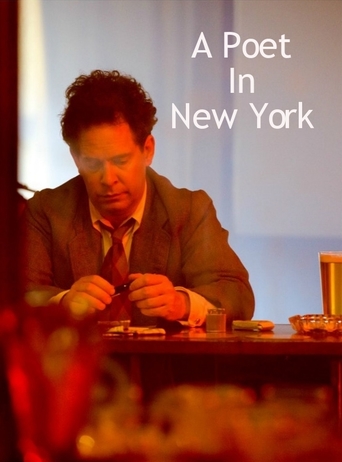

A Poet in New York (2014)
In 1953 Dylan Thomas went to New York for the last time, his marriage a wreck, his drinking out of control. He was on his way to meet Stravinsky and to wallow in New York acclaim - but what was he escaping? How did such a triumph become a requiem? The last days of a great poet.
Watch Trailer
Cast
Similar titles
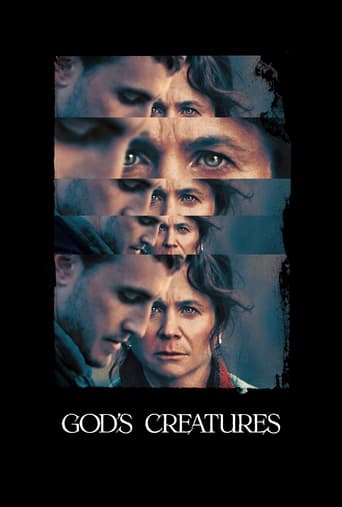

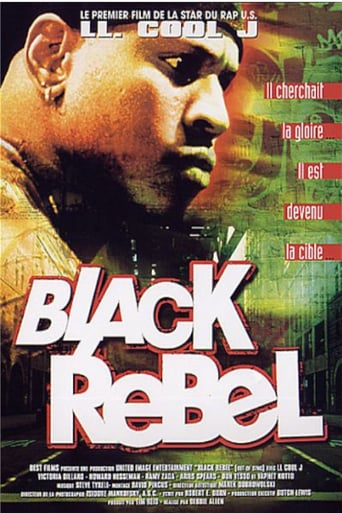
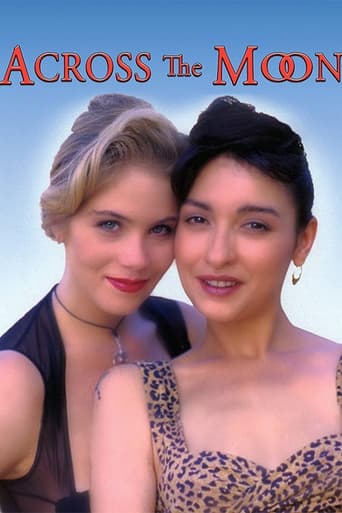
Reviews
Wonderful Movie
Such a frustrating disappointment
While it doesn't offer any answers, it both thrills and makes you think.
The film may be flawed, but its message is not.
Talented without a doubt but what makes this film difficult to enjoy is that Thomas wasn't the best of human beings. Relationships weren't his strong point. He can't help himself of course so it's like watching a train wreck, waiting for the inevitable crash. That sometimes makes for uninspired viewing. Performances are good though as is the poetry itself, naturally. Having said that, I liked him more when I didn't know this much about him. As a writer who's struggled with depression and alcohol, it doesn't surprise me and I completely empathize, but it doesn't necessarily make for a good movie. No disrespect. Is this film the way he'd like to be remembered? Read his work instead. You'll get a lot more out of it.
It is surely difficult to encompass the life of anyone in little more than an hour. This bio-drama concentrates on the last days of Dylan Thomas, with flashbacks to his youth and happier days. The result is a successful arc of the man's life, ultimately disappointing as it was.Thomas was an intemperate boor haunted by past failures and as unhealthy fear of an unpromising future as this dramatization tells it. Certainly most of it is true.So many literary luminaries are self-destructive and personally disappointing. That one more does not stand as an icon to strength of character is no revelation, but it does give an alternate view of Thomas' works. Long after "Fern Hill", he goes to America not to anoint the masses, but to escape the prison of his marriage. And "Do Not Go Gently into that Good Night" becomes less a passionately strong urging to remain steadfast and more a pitiful pleading to not be abandoned. But meaning, like beauty, is in the eye or ear of the beholder.Tom Hollander gives a strong performance as the poet and he is surrounded by a corps of captivating actors. New York City in 1953 comes alive and provides an appropriate backdrop for the poets downfall. What started as a green and golden existence dies among the figurative gray ash heaps of Eliot's 20th century, perhaps too innocent and too frail to survive in a world of ragged claws.
Dylan Thomas gets the full BBC costume drama treatment in Andrew Davies' screenplay and Aisling Walsh's production. Historical accuracy is paramount; the costumes are well-crafted, the settings appropriately kitschy, the cast impeccable, with Tom Hollander offering a remarkable vocal impersonation of Thomas' voice. There are the familiar stock plot-elements; the obligatory sex-scenes involving Thomas, his wife Caitlin (Essie Davis), a Polish countess (Wanda Opalinska) and a street- girl; the picture-postcard shots of the Welsh coastline, with sequences shot in Thomas' writing-den right by the sea; and the syrupy music (by Debbie Wiseman) forming a - somewhat intrusive - backdrop to Thomas' love-scenes with Caitlin and his platonic relationship with amanuensis/secretary Liz Reitell (Phoebe Fox). In truth the drama doesn't tell us very much about Thomas' character, other than to suggest his fundamentally self-centered nature, and his continual memories of a childhood where he was often taunted by other children on account of his bronchial troubles. The atmosphere of early Fifties New York is adequately re-created, although the mock-up of the Chelsea Hotel (where Thomas spent his last days) looks nothing like the actual building. Some of the American accents are a bit questionable - especially Ewen Bremner's performance as Thomas' friend and promoter J. M. Brinnin - but in general this is a solid if somewhat unspectacular production.
The factual errors stood out like New York skyscrapers. And worse, far worse, was the continuation of this sentimental, ultimately soggy romantic vision of the tortured poet whose grip on existence solely revolves around his ability to pluck poems from the life-defying chaos. Dylan himself didn't even know when he was lying so it's up to those writing about him now to sort the truth from his fiction. He said he couldn't eat, sleep, f*** or drink but in this managed to do at least two of them rather well considering and if you substitute unconsciousness for sleep then three (breathe would have been a better addition). He still managed to complete Under Milk Wood, had Stravinsky waiting for a libretto, was roasting hostesses among others (I'm unfamiliar with the sources for the nameless blow-job girl), and was necking booze like it was coming into fashion. Eighteen straight(double)whiskies was merely his proved last lie and it's sad enough to perpetuate that. But all this was nothing to compare to the sight of his spirit lifting from his corporeal self on his hospital bed on his death (not while unromantically being given a bed bath which would have been the truth) and then this phantom phantom rising to smile as it watched its younger self gambolling through the child high hay around pretend Fern Hill. It was a scene that would have been perfect in a Powell and Pressburger film of the 1940's but is laughable now. Even the 'wild' Dr Feltenstein was more Dr Finlay - perhaps because the haze of litigation is the primary pollutant of the New York City air these days. Brinnin was portrayed as a devoted friend with a crush on the poet rather than a purveyor of the very myth this film perpetuates. There was no need for Dylan to die in New York and with better medical treatment and guardianship he wouldn't have done. It raises the question of why make a film in the centenary year of the poet's birth that concentrates so much on the poet's death. The answer must be because it is more dramatic and commercial. This was the same motivation for Brinnin's 'Dylan Thomas in America', which was full of inaccuracies, the reasons for many of those being rather dubious. It is this account on which the film seems largely based when something closer to the truth is far easier to come by these days. Beautifully acted and filmed but...
